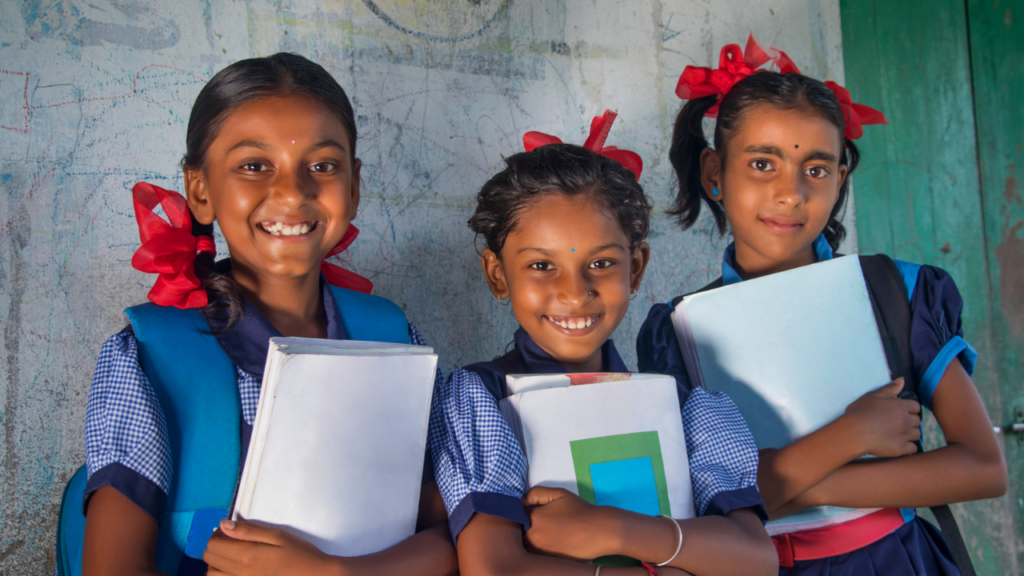Child Education
Child Education Education helps a child become a confident individual. It teaches them how to socialise with people in society, outside their family, and more. It also helps a child interact with people of different beliefs, ages, genders, backgrounds, and a lot more. We believe that every child, no matter their background, deserves the opportunity to grow up healthy, strong, and empowered. Unfortunately, millions of children in underprivileged communities around the world face barriers to basic healthcare, nutrition, and education. These challenges prevent them from reaching their full potential and put their futures at risk. Our mission is simple yet powerful: To ensure every child has access to the care, support, and resources they need to thrive. Through a variety of dedicated programs, we are working to improve the education and well-being of underprivileged children, with a special focus on providing healthcare services, proper nutrition, and educational support. Why is this work so important? Empowering Through Education: A child’s health and education go hand in hand. We not only provide healthcare services but also focus on the importance of education as a tool for empowerment. By ensuring children are healthy enough to attend school, we are laying the foundation for brighter futures, helping them break the cycle of poverty. How You Can Make a Difference: Your support is vital in ensuring that these children and women receive the care and resources they need. Whether it’s through direct donations, fundraising, or simply raising awareness, your contribution helps us deliver essential services to those who need them most. Teamwork and discipline: Education teaches a child the spirit of teamwork. Through education, children can garner emotional and mental strength which helps in various aspects of their lives. Exams, sports, games, and more, help develop a strong mental foundation and enable a child to take on obstacles and challenges with determination. Not just this, education also nurtures a child’s curiosity and interest to learn and grow in life. Physical development Physical activities, such as sports, are as important as mental development. Through sports, a child learns to channelise his or her energy into something productive. Besides being fun, sports also teach teamwork, discipline, focus, and hard work. Sports also contributes to improving a child’s physical strength, health and well-being. In addition to this, it offers a viable career option as well. Confidence and self-esteem The right environment at school can improve a child’s self-esteem and confidence. Dramatics, sports, arts, inter and intra-school competitions can help a child discover his or her talent and boost self-esteem. These activities also help develop better interpersonal skills and overcome fears. Prosperous and happy life Education can help children build their career. It can make them successful in more ways than one. It makes them capable to earn money, be financially independent, and achieve their goals in life. Economic growth of a nation Education makes children responsible citizens who are able to contribute to the country’s progress. An educated workforce of artists, teachers, doctors, engineers, entrepreneurs, scientists, politicians, and more can participate in the country’s growth and can contribute to the economic development of the nation. Conclusion: Every childhood education is a powerful tool for unlocking the potential of our youngest citizens. It provides a strong foundation for lifelong learning, fosters social and emotional development, and offers numerous benefits for both individuals and society. Overall early childhood development is an extremely important issue which needs to gain recognition. Every parent needs to understand and be aware of how crucial the first several years of their child life is.


